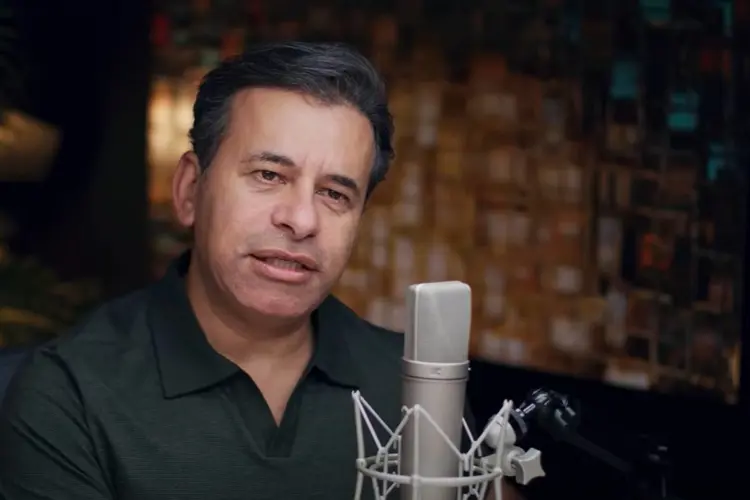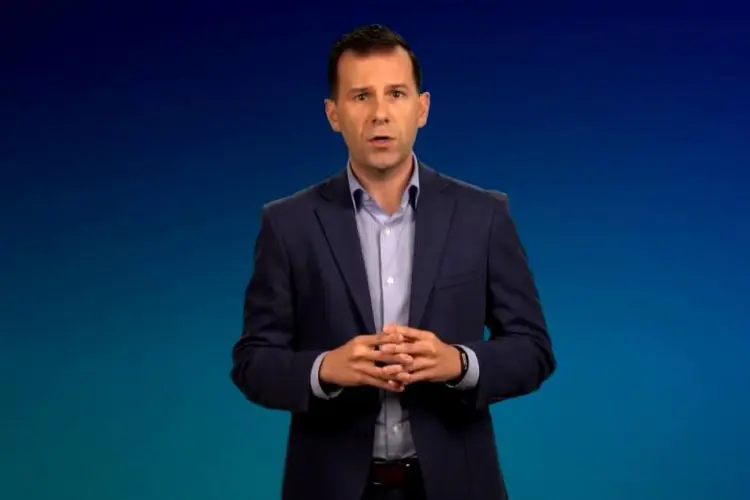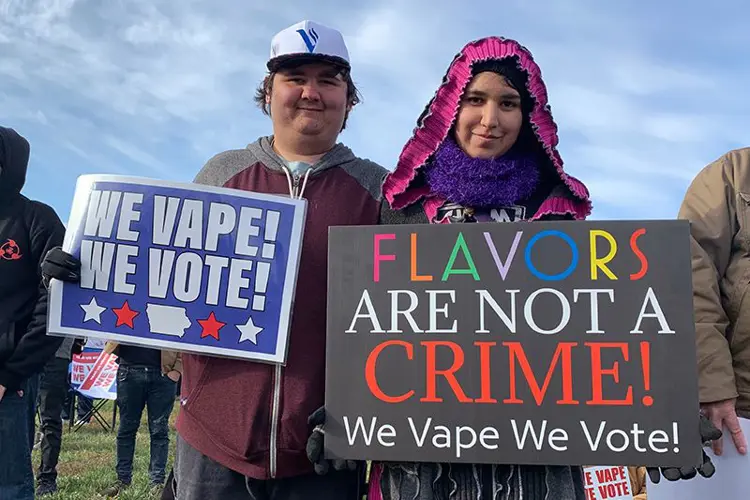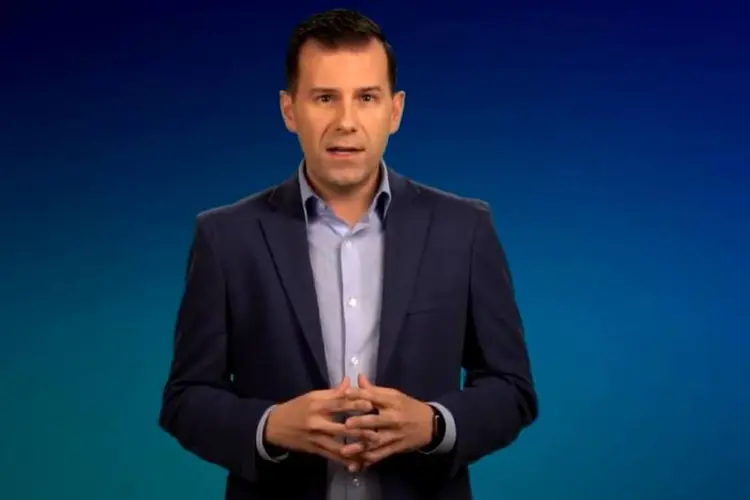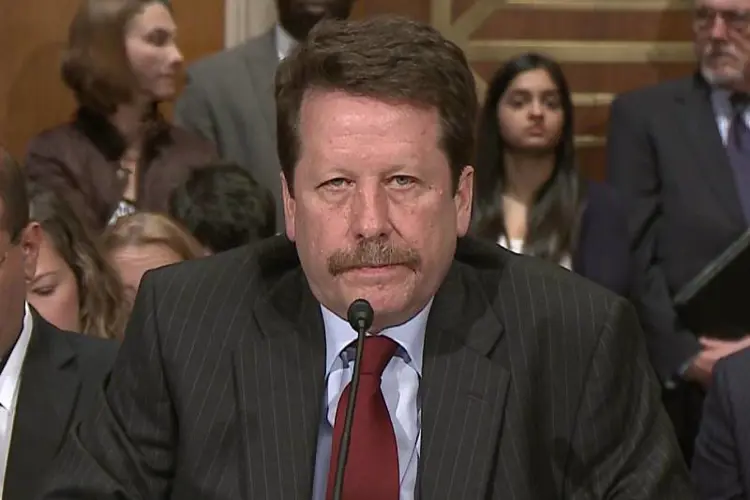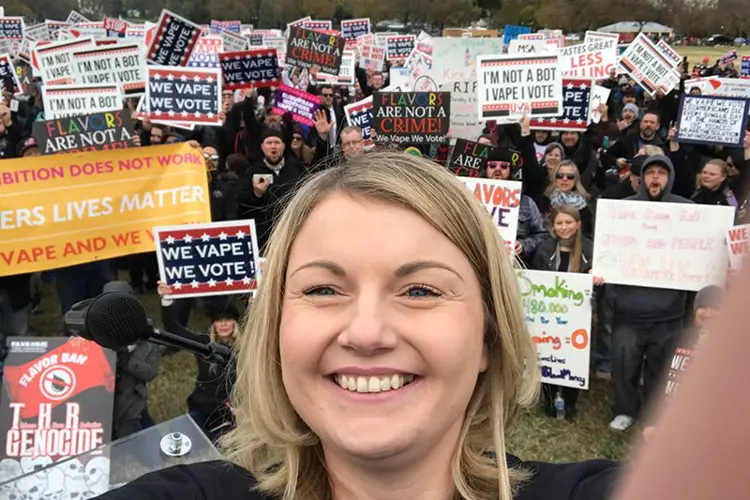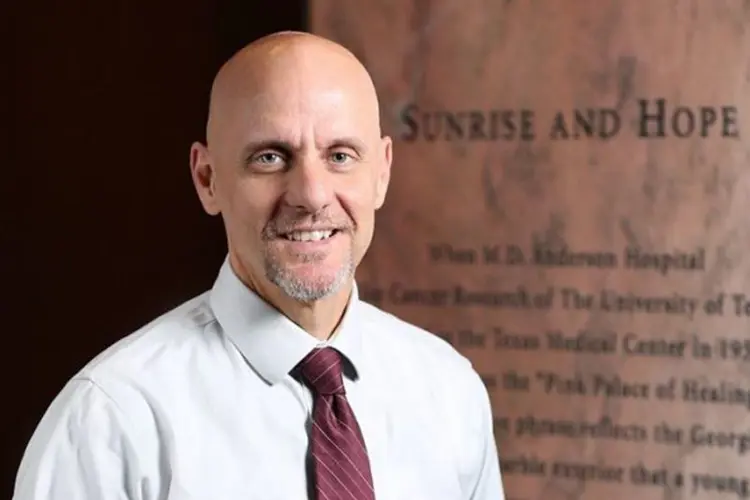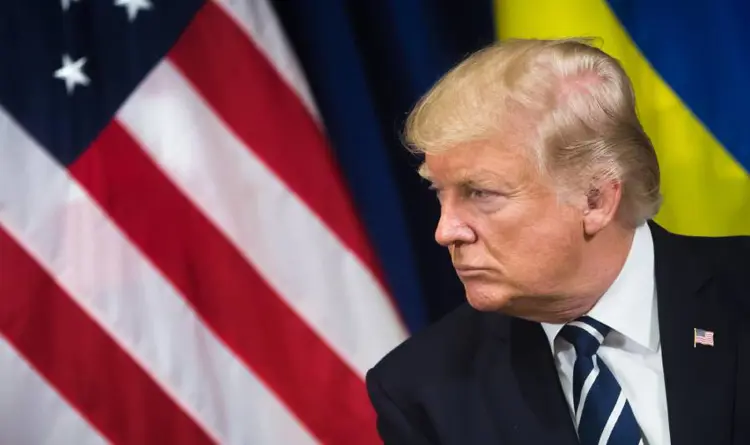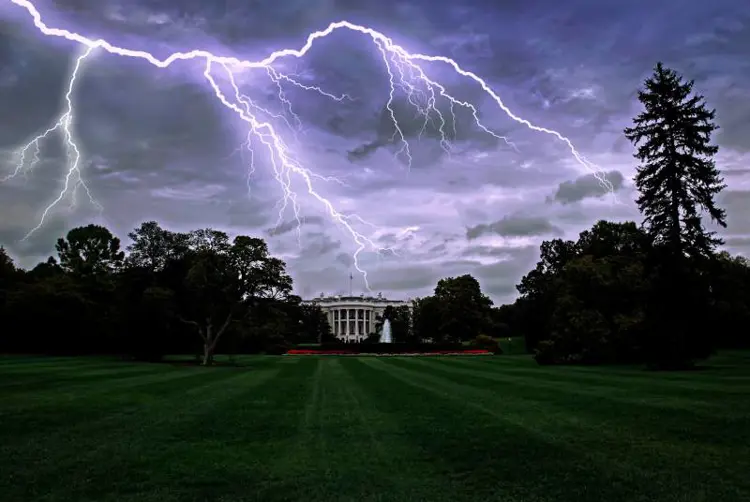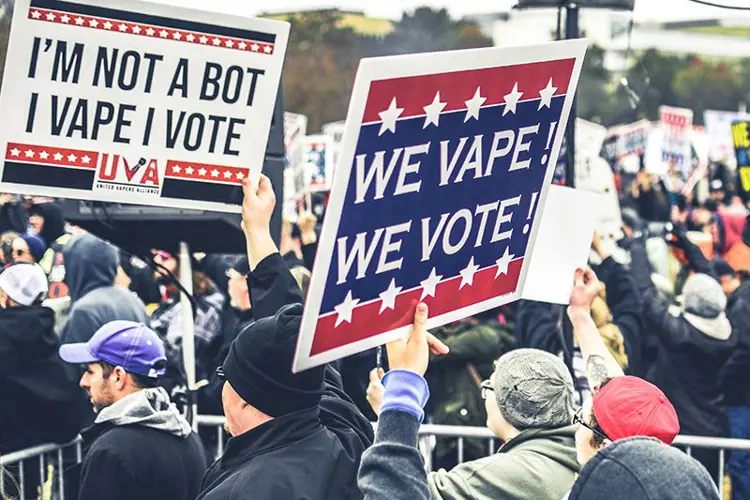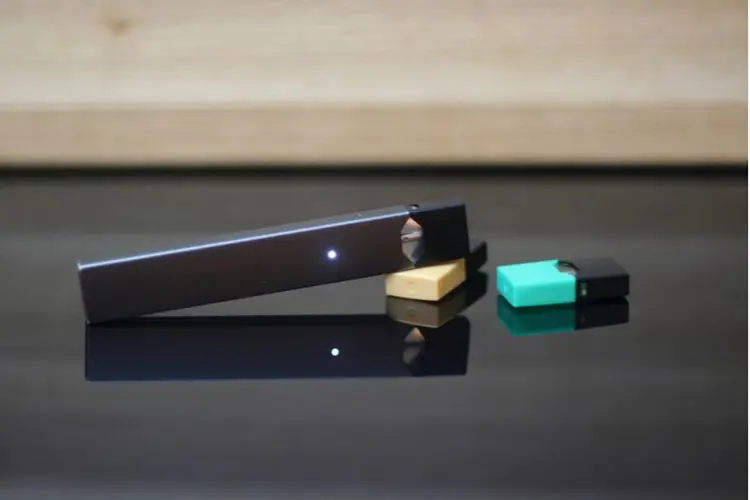The Senate has approved Dr. Stephen Hahn as the next commissioner of the Food and Drug Administration. The vote was 72-18, but even some of those who voted for the Trump nominee expressed uncertainty that he would tackle the issue of teen vaping and the perception of e-cigarettes being a threat to public health.
“Dr. Hahn said to me he doesn’t want to be known in history as the head of the FDA who saw this epidemic grow dramatically,” said Illinois Sen. Dick Durbin, an old school tobacco warrior who also opposes vaping, and has consistently advocated for flavor bans on e-liquid to disposables, or any other device with prefilled flavors. But Durbin added that he would become Hahn’s biggest critic if he doesn’t stand up to the administration on vaping.
Hahn is a medical and radiation oncologist, and is currently the Chief Medical Executive at the University of Texas MD Anderson Cancer Center in Houston, considered one of the finest cancer treatment centers in the world. He previously worked as a clinician and researcher at the University of Pennsylvania, and before that at the National Cancer Institute.
During his confirmation hearing in the Senate Committee on Health, Education, Labor and Pensions, Hahn was grilled on various public health issues, and especially the “vaping crisis.” Like most political appointees facing congressional approval, he did his best not to commit to any position, knowing that he must execute the plans of the administration, including his immediate superior Health and Human Services Secretary Alex Azar, and the President who is Azar’s boss.
“I think this is an important, urgent crisis in this country,” Hahn said. “I do not want to see another generation in this country become addicted to tobacco and nicotine, and I believe that we need to take aggressive action to stop that.” He avoided naming any specific remedies. The issue has been front and center for the Trump administration in recent months.
After promising to deliver a ban on vape products with any flavored e-liquid in September, Trump seemed to back off and most recently held a White House roundtable where voices from all sides of the debate did their best to influence his decision. The administration says it will deliver a new policy soon.
“Is failing to implement a flavor ban, and ignoring the millions of children who are getting addicted to e-cigarettes consistent with your focus on science and data?” Washington Sen. Patty Murray asked Hahn. She voted against his approval.
Hahn diplomatically promised to look at all of the science before making any decisions if he is confirmed. “Nothing is more important than protecting our youth,” he added.
The decisions about vaping and tobacco policy that lie ahead won’t really be Hahn’s, though he will be the one associated most with them, and as Sen. Durbin noted, Hahn will be credited or blamed for them.
Hahn will follow Acting Commissioner Ned Sharpless into the job. Sharpless filled the slot for eight months without going through Senate confirmation. In the position essentially as a placeholder, Sharpless didn’t introduce or advocate for any major initiatives or policy changes.
Trump’s first FDA commissioner, Dr. Scott Gottlieb, was a much different story. From the moment he was nominated until the day he left the job, vaping—and vaping controversy—was part of his identity as the FDA chief. But despite the firestorms he would ignite as he declared teen vaping an epidemic, and threatened to remove flavored products from the market, it’s worth remembering that he also postponed the original deadline for premarket tobacco applications (PMTAs), and was the first FDA chief to suggest the potential fore-cigarettes to help smokers quit.
And Gottlieb still apparently wants to be part of the decisions made about vaping regulation, weighing in frequently on Twitter and from his pulpit on CNBC. As a board member of Pfizer, the pharmaceutical giant that sells stop-smoking drug Chantix, the ex-commissioner really should declare that conflict before registering opinions on the topic, but he never does.
Most recently, Gottlieb has expressed limited support for regulations that would exempt vape shops and open-system vape devices from FDA enforcement, while hammering the closed pod vapes supposedly favored by adolescent vapers.
After the recent release of preliminary data from the National Youth Tobacco Survey that showed an increase in past-30-day use by teenagers, Gottlieb suggested that the FDA should remove pod-based products like JUUL from the market completely.
Photo: The University of Texas MD Anderson Cancer Center
The Freemax REXA PRO and REXA SMART are highly advanced pod vapes, offering seemingly endless features, beautiful touchscreens, and new DUOMAX pods.
The OXVA XLIM Pro 2 DNA is powered by a custom-made Evolv DNA chipset, offering a Replay function and dry hit protection. Read our review to find out more.
The SKE Bar is a 2 mL replaceable pod vape with a 500 mAh battery, a 1.2-ohm mesh coil, and 35 flavors to choose from in 2% nicotine.
Because of declining cigarette sales, state governments in the U.S. and countries around the world are looking to vapor products as a new source of tax revenue.
The legal age to buy e-cigarettes and other vaping products varies around the world. The United States recently changed the legal minimum sales age to 21.
A list of vaping product flavor bans and online sales bans in the United States, and sales and possession bans in other countries.








